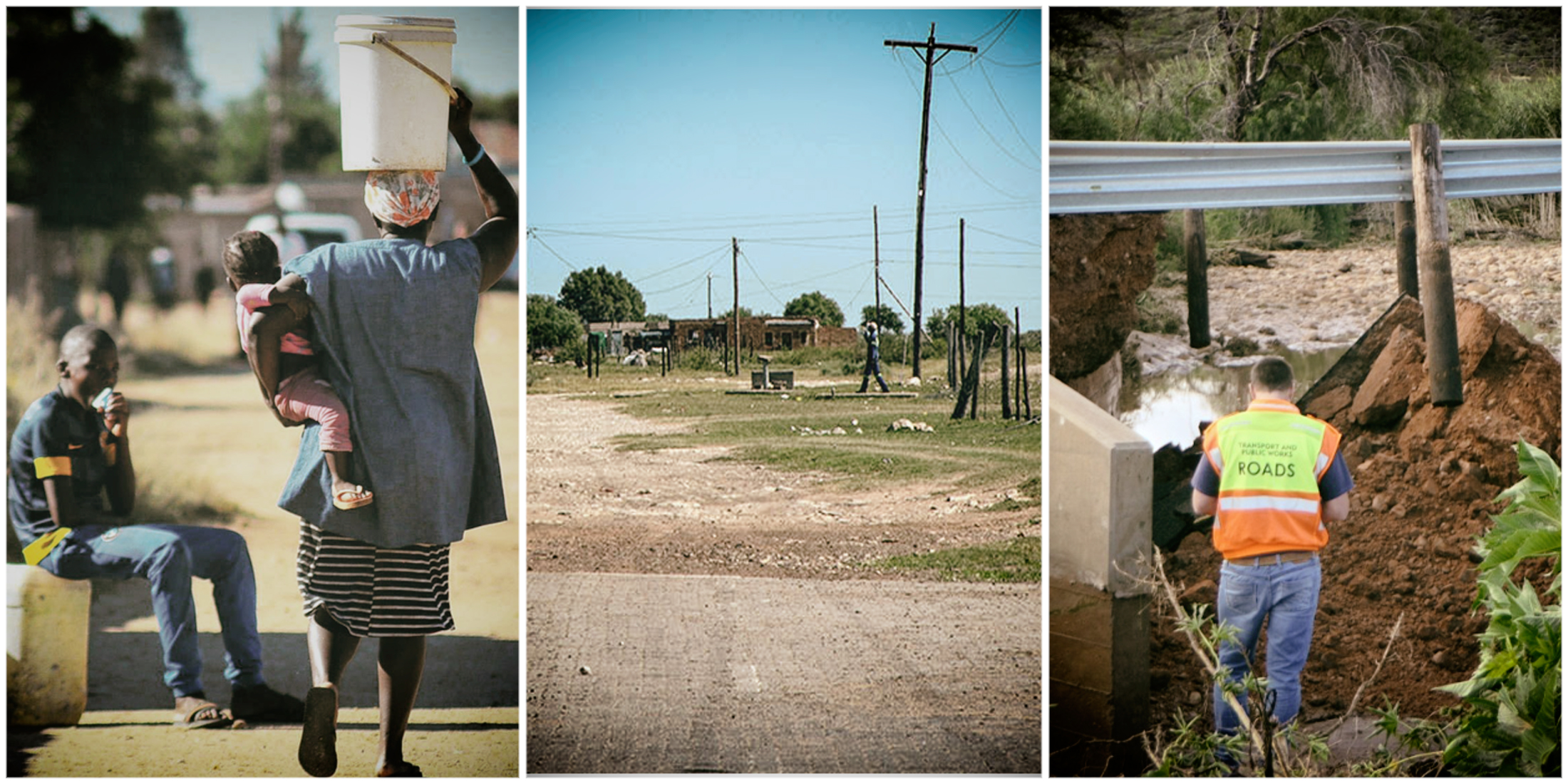President Cyril Ramaphosa’s Opening of Parliament Address was anchored on giving MPs a masterclass on how the economy works and outlining priority measures to get inclusive growth and job creation going.
A centrepiece of his plan to grow the economy and create jobs involves targeting reforms to municipalities around the country, most of which are dysfunctional, cannot deliver basic services such as water and electricity, face crumbling infrastructure and cannot process regulatory approvals that investors rely on.
The seventh government administration — underpinned by a Government of National Unity of which 10 political parties are members — will focus on fixing municipalities so that they can “achieve rapid, inclusive growth”, Ramaphosa said on Thursday at Cape Town’s City Hall.
“Growth happens at a local level, where people live and work. Our municipalities must become both the providers of social services and facilitators of inclusive economic growth. They must work to attract investment.”
Ramaphosa said targeting municipalities and fixing them can “encourage businesses to expand and create more jobs in municipal areas. Investors are attracted to areas with reliable and modern infrastructure.”
The promise of improving infrastructure — mainly water and human settlements in communities, the building of bridges in rural areas and towers that deliver high-speed internet access for public schools and hospitals — has been repeated by Ramaphosa every year since 2018, without progress.
The government has struggled to get infrastructure projects off the ground because of a lack of capacity. There have not been enough engineers and project managers in local government and provinces to initiate and manage projects. This has led to South Africa having few or no new infrastructure projects to fund or showcase to private sector investors, who also want to put money into such projects through partnerships with the government.
Read more: Ramaphosa’s mega infrastructure roll-out plan failing to fly
Infrastructure structural reforms
Ramaphosa might be successful this time in getting the government to execute infrastructure projects. The difference is that he has enlisted the help of the National Treasury, government officials in other departments, and the private sector. By doing so, Ramaphosa has found refuge in Operation Vulindlela, which is targeting fixing local government on its next list of priority reforms.
Operation Vulindlela is a joint initiative between the Presidency and the National Treasury that sought to support and motivate government departments to change the fabric of the economy by implementing several pro-growth and investment reforms.
Operation Vulindlela lobbied for reforms that would reduce the cost of doing business in South Africa and promote productivity and competition by increasing the role of the private sector in all areas, including energy, telecommunications and logistics to lessen the state’s power over the economy. Since its inception in October 2020, it has notched up some wins.
After 18 years of inaction, digital spectrum was auctioned, regulatory changes were made to open up the electricity market to renewable energy sources and the backlog for water-use licence applications was cleared.
Read more: After the Bell: Next phase of SA’s reform agenda should target meaningful job creation
Ramaphosa said the next phase of Operation Vulindlela would focus on local government and improving the delivery of basic services, mainly infrastructure projects.
“Operation Vulindlela will focus on reforming the local government system and improving the delivery of basic services, and harnessing digital public infrastructure as a driver of growth and inclusion.
“It will also focus on accelerating the release of public land for social housing and redirecting our housing policy to enable people to find affordable homes in areas of their choice,” he said.
Economic growth
If Operation Vulindlela successfully reforms municipalities and the government delivers on its infrastructure promises, SA’s economic growth could improve over the next five years.
The Bureau for Economic Research’s model predicts that South Africa’s economy is expected to grow at a baseline average of just under 2% in the next five years. However, growth could increase to 3.5% by 2029 if Operation Vulindlela reforms are further accelerated. The biggest contributor would be investment, particularly by the private sector, as confidence rebounded.
Getting growth of more than 2% will also require South Africa to permanently end the electricity crisis and improve the rail and port network, operated by the state-owned transport group Transnet.
On energy, Ramaphosa said the government would lean on renewable energy projects to improve South Africa’s energy security profile. He said the country had a pipeline of renewable energy projects, “representing over 22,500 megawatts of new generating capacity” — enough power to electrify more than five million homes a day.
Investments of more than R400-billion were required over the next 10 years to expand the country’s electricity infrastructure, which would then be able to transmit to the grid the electricity procured from renewable energy sources. This investment was expected to come from the private sector.
Transnet is embracing the private sector as a partner to fix its rail and port network. This is important as the ANC has long been distrustful of the private sector and pushed for policies that exerted state control over the economy. DM





